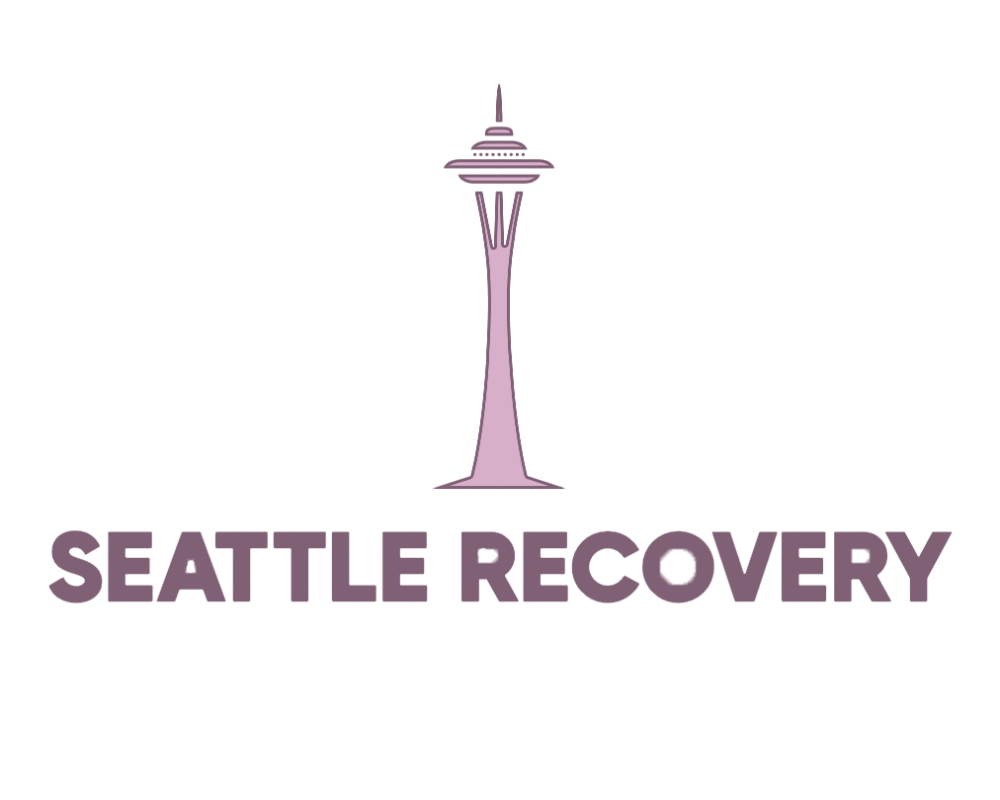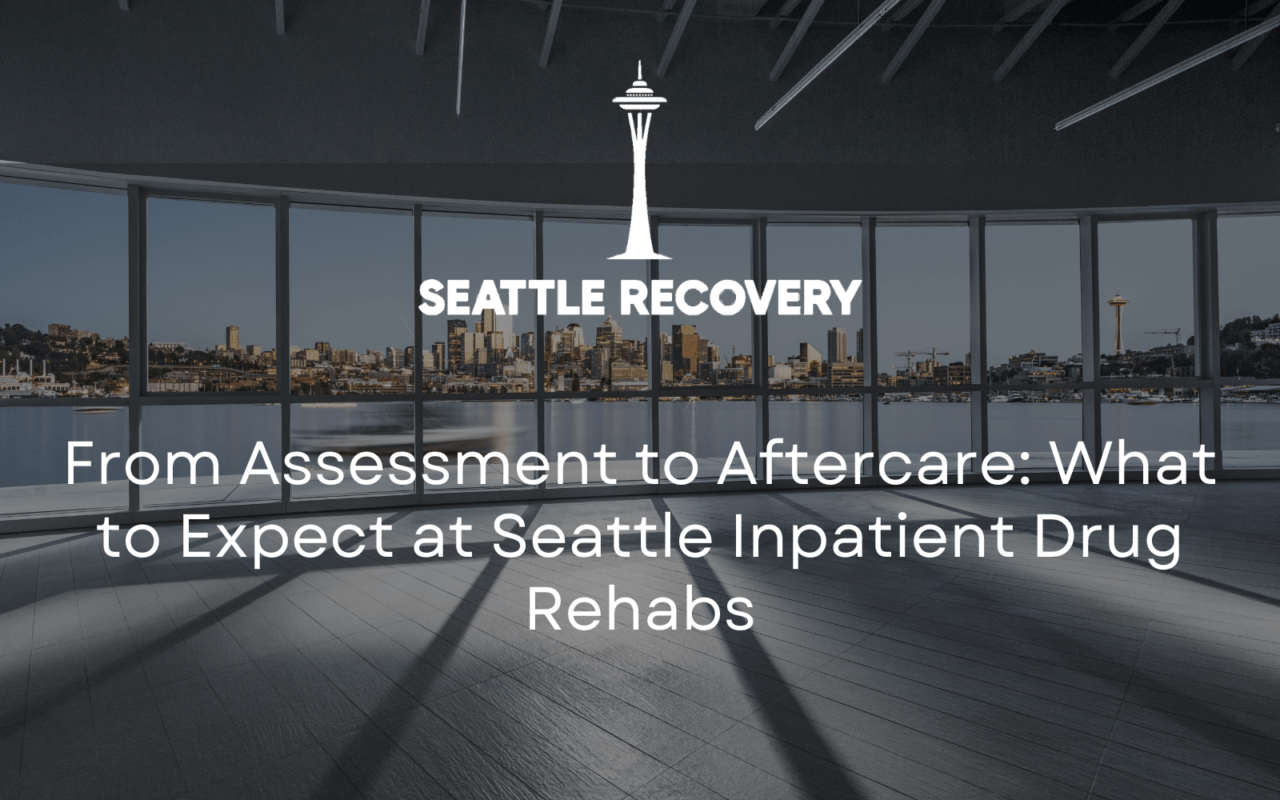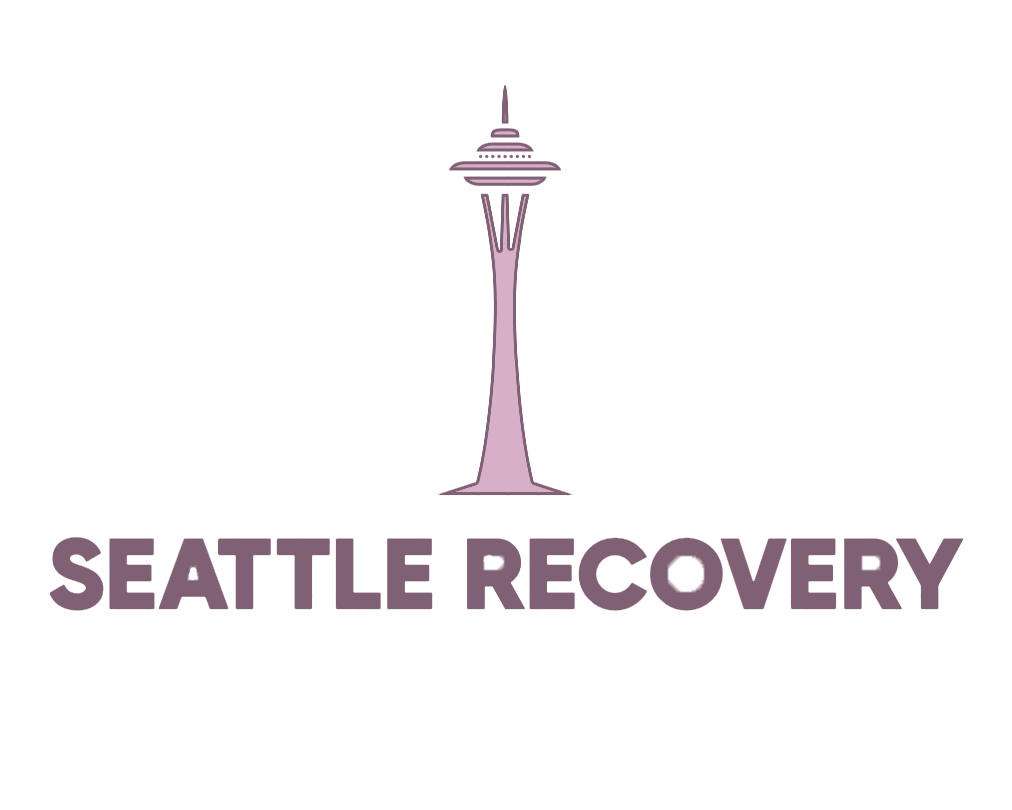Embarking on a journey toward recovery can feel daunting, whether you are seeking help for yourself or a loved one. Knowing what to expect at Seattle inpatient drug rehabs can be the first step in alleviating any uncertainty. At Seattle Recovery, we are committed to walking alongside you from the moment you enter our doors to long after you have transitioned back into daily life. Recovery isn’t just about breaking free from addiction—it’s about reclaiming your life, embracing hope, and building a future full of potential.
From the comprehensive assessment at the beginning of the journey to personalized aftercare designed for long-term success, every phase of treatment is an essential part of the process. In this post, we’ll dive into the full experience at Seattle inpatient drug rehabs, giving you a clear picture of what lies ahead.
The First Step: Comprehensive Assessment
Why the Assessment Matters
The first stage of recovery is the comprehensive assessment, and it serves as the foundation for the treatment process. At Seattle Recovery, we recognize that each person’s path to recovery is unique, and understanding individual needs is essential to creating an effective treatment plan.
When you arrive at Seattle inpatient drug rehabs, our skilled professionals will guide you through an initial intake and assessment process. This includes gathering important information such as:
- Medical history: This ensures that any physical conditions, such as chronic health issues or medication needs, are addressed throughout the recovery process.
- Substance use history: Understanding the extent and duration of substance use allows us to tailor your detox and therapy to suit your needs.
- Psychiatric and psychological evaluation: Many individuals seeking treatment also struggle with mental health challenges, such as depression, anxiety, PTSD, or trauma. A thorough psychological evaluation ensures that we address these issues as part of a dual diagnosis treatment approach.
- Personal goals and expectations: Recovery is a deeply personal journey. During the assessment, we’ll discuss your goals and what you hope to achieve through treatment, whether it’s emotional healing, rebuilding relationships, or maintaining long-term sobriety.
By taking a holistic approach to your assessment, Seattle inpatient drug rehabs aim to uncover all contributing factors to your substance use and mental health struggles. This helps our team develop a treatment plan that is completely tailored to your specific needs, ensuring that every aspect of your recovery is addressed.
The Role of the Assessment in Your Treatment Plan
The comprehensive assessment is more than just a one-time intake form—it’s the first step in an ongoing, evolving partnership between you and the team at Seattle Recovery. With this information, we’ll collaborate with you to create a personalized treatment plan that evolves over time. This plan will include details such as:
- Therapy types: Deciding on the most effective therapy methods for you—whether it’s Cognitive Behavioral Therapy (CBT), Dialectical Behavior Therapy (DBT), or a combination of therapies.
- Treatment modalities: Selecting the right combination of detoxification, residential treatment, group therapy, and holistic care.
- Goals for recovery: Establishing measurable, achievable milestones to ensure you can track your progress.
Medical Detox and Stabilization: The Critical First Step
Understanding Detoxification
Once the initial assessment is complete, many clients will begin with a medical detox. Detoxification is the process of allowing your body to rid itself of harmful substances, but this is not something to do alone—especially when struggling with withdrawal symptoms. At Seattle inpatient drug rehabs, detoxification is always done under medical supervision, ensuring your comfort, safety, and well-being throughout the process.
The Detox Process
Detoxification can take anywhere from several days to a week, depending on the substance being abused and the level of dependency. During detox, you will be monitored by a team of medical professionals who are experienced in managing withdrawal symptoms. These symptoms can vary significantly based on the drug of abuse, and while some people experience mild discomfort, others may have more serious symptoms, including:
- Sweating and chills
- Nausea, vomiting, and diarrhea
- Anxiety, depression, or mood swings
- Tremors, seizures, or hallucinations (in severe cases)
How Seattle Recovery Supports You During Detox
At Seattle Recovery, we believe in providing compassionate care during the detox process. Our detox staff includes physicians, nurses, and mental health professionals who are skilled at managing the complexities of withdrawal. The primary goal during detox is to ensure that you are as comfortable as possible, with a focus on minimizing the discomfort associated with withdrawal.
Once the detox process is complete, clients are ready to transition into the next phase of recovery—residential treatment.
Residential Treatment: Structured Support Around the Clock
24/7 Care for Lasting Recovery
After detox, clients move into the residential treatment phase. This is where the real healing begins. Seattle inpatient drug rehabs provide a structured, supportive environment where individuals can focus solely on their recovery without the distractions or temptations of the outside world. Residential treatment takes place in a safe, serene environment that fosters healing, growth, and change.
Day-to-Day Life at Seattle Recovery
The daily structure at Seattle Recovery is designed to keep clients engaged, supported, and focused on their treatment. Each day is filled with a combination of group therapy, individual therapy, experiential therapies, and downtime. This holistic approach ensures that clients address all aspects of their addiction and mental health struggles.
Here’s an example of what a typical day might look like during residential treatment:
- Morning meditation or mindfulness practice: This helps clients start their day with a sense of calm and intention.
- Group therapy: Group sessions allow clients to share their experiences, provide and receive support, and learn from others in a safe and confidential setting.
- Individual therapy: One-on-one sessions with a licensed therapist to address personal challenges, emotional difficulties, and strategies for coping.
- Holistic therapies: Art therapy, yoga, and nature walks provide creative outlets for self-expression and healing.
- Life skills training: Clients will also receive training in skills they can use to navigate life after rehab, such as financial management, job readiness, and healthy communication techniques.
Each element of the treatment process at Seattle inpatient drug rehabs is designed to foster growth and healing, while simultaneously equipping clients with the tools they need to thrive after rehab.
Evidence-Based and Holistic Therapies
Combining Modern Therapies with Holistic Healing
One of the standout features of Seattle inpatient drug rehabs is our integration of evidence-based therapies with holistic practices. We understand that addiction and mental health recovery isn’t just about treating the symptoms—it’s about healing the whole person.
Evidence-based therapies such as CBT, DBT, and Motivational Interviewing are integral to the work we do. These therapies are rooted in scientific research and have been shown to be highly effective in treating addiction and mental health disorders.
Cognitive Behavioral Therapy (CBT)
CBT is one of the most effective therapeutic methods for treating addiction. This approach helps individuals identify and change negative thought patterns and behaviors that contribute to their addiction. By learning to replace harmful thoughts with healthier ones, clients can develop more constructive habits and coping mechanisms.
Dialectical Behavior Therapy (DBT)
DBT focuses on helping individuals regulate their emotions, tolerate distress, and improve interpersonal relationships. This therapy is particularly effective for individuals who struggle with emotional regulation, trauma, or co-occurring mental health disorders.
Motivational Interviewing (MI)
MI is a client-centered therapeutic technique that helps individuals explore and resolve ambivalence about change. It’s especially helpful in the early stages of recovery, as it helps clients increase their motivation and commitment to recovery.
Holistic Therapies
In addition to evidence-based therapies, Seattle Recovery incorporates a variety of holistic treatments designed to promote overall well-being. These therapies include:
- Yoga and mindfulness: These practices help reduce stress, increase self-awareness, and improve mental clarity.
- Art therapy: Creative expression can be a powerful tool for healing, allowing clients to explore emotions they may have difficulty expressing verbally.
- Nutrition counseling: Proper nutrition plays a critical role in the recovery process, and many people in recovery struggle with poor eating habits. Our nutritionists work with clients to develop healthy eating habits.
- Exercise and fitness programs: Regular physical activity is beneficial for both physical health and mental well-being. Exercise releases endorphins, which can improve mood and reduce stress.
By addressing both the mind and body, Seattle inpatient drug rehabs ensure that clients are receiving the most comprehensive care possible.

Dual Diagnosis Treatment for Co-Occurring Disorders
What Is Dual Diagnosis?
It’s common for individuals with substance use disorders to also struggle with mental health disorders such as depression, anxiety, or trauma. When someone experiences both a substance use disorder and a mental health disorder, it’s known as dual diagnosis.
Seattle inpatient drug rehabs are particularly effective in treating dual diagnosis because we offer integrated treatment that addresses both issues simultaneously. By providing therapy and interventions that treat both addiction and mental health conditions, we improve the likelihood of long-term recovery.
How Seattle Recovery Addresses Dual Diagnosis
At Seattle Recovery, we believe in treating the whole person, not just the addiction. Our dual diagnosis treatment plan is designed to help individuals address both their mental health and substance use issues. This approach is tailored to the individual, ensuring that each person receives the care they need.
Treatment includes:
- Psychiatric evaluations: To assess and treat any underlying mental health conditions.
- Integrated therapy: Therapy methods like DBT and CBT are often used to treat dual diagnosis, as they address both mental health and addiction simultaneously.
- Medication management: If necessary, psychiatric medications may be prescribed to help manage symptoms of mental health disorders.
Building a Recovery Community
The Power of Peer Support
One of the most significant benefits of Seattle inpatient drug rehabs is the sense of community they foster. Recovery can feel isolating, but being surrounded by others who are experiencing similar struggles can make all the difference. At Seattle Recovery, we understand the importance of peer support and make it a cornerstone of our treatment programs.
By participating in group therapy and connecting with fellow clients, individuals in recovery develop strong bonds and create a supportive network that helps them stay accountable, motivated, and connected. This sense of community continues long after rehab, with alumni programs and peer support networks offering ongoing encouragement.
Preparing for Life After Rehab
The Transition Back Into Daily Life
While residential treatment provides invaluable support, the transition back to everyday life can be challenging. At Seattle Recovery, we prepare clients for life after rehab with a strong focus on relapse prevention, continuing care, and integration into a supportive environment.
Our discharge planning process includes:
- Relapse prevention planning: Teaching clients how to recognize and avoid triggers that could lead to relapse.
- Sober living arrangements: Providing referrals to sober living homes and safe housing options.
- Job and educational support: Offering resources for vocational training, job placement, and further education.
- Family support: Encouraging open communication and providing family therapy to rebuild relationships.
Alumni Support and Aftercare
The journey doesn’t end when clients leave our facility.
Seattle Recovery offers robust aftercare programs to ensure that clients have the support they need. This support continues as they navigate life after rehab. This includes ongoing therapy, alumni groups, peer support, and access to community resources.
Our alumni network is an essential part of recovery, providing long-term support and encouragement. Many of our alumni return to volunteer, mentor new clients, or share their success stories. Consequently, this fosters a culture of giving back.
Your Path to Recovery Begins Here
Choosing Seattle inpatient drug rehabs is a crucial step in your recovery journey. We are here to support you every step of the way. We design our programs to provide a safe, structured environment. Here, you can focus fully on healing and rebuilding your life. From the initial assessment to personalized treatment plans, therapy sessions, and aftercare support, we are dedicated. Specifically, we deliver comprehensive, compassionate care tailored to your unique needs.
Our team of experienced professionals is committed to helping you. We help you uncover the root causes of addiction. Additionally, we help you develop healthy coping strategies. Furthermore, we help you build the skills needed to sustain long-term recovery. We offer a range of evidence-based therapies. These include individual counseling, group therapy, and holistic approaches. All are aimed at empowering you to overcome addiction. Moreover, they help you lead a more fulfilling life.
If you or a loved one are ready to take that first courageous step toward healing, contact Seattle Recovery today. Learn more about our programs, meet our caring team, and start your journey toward a healthier, more vibrant future. You don’t have to face this alone—let us help you find the support and strength you need. For more information, visit our website https://seattlerecovery.org/ or call us at (206) 231-0252.







